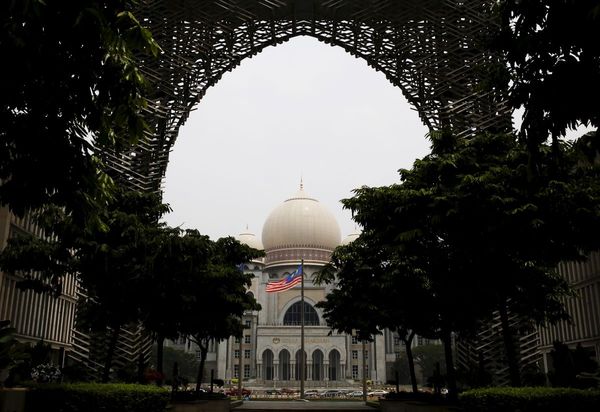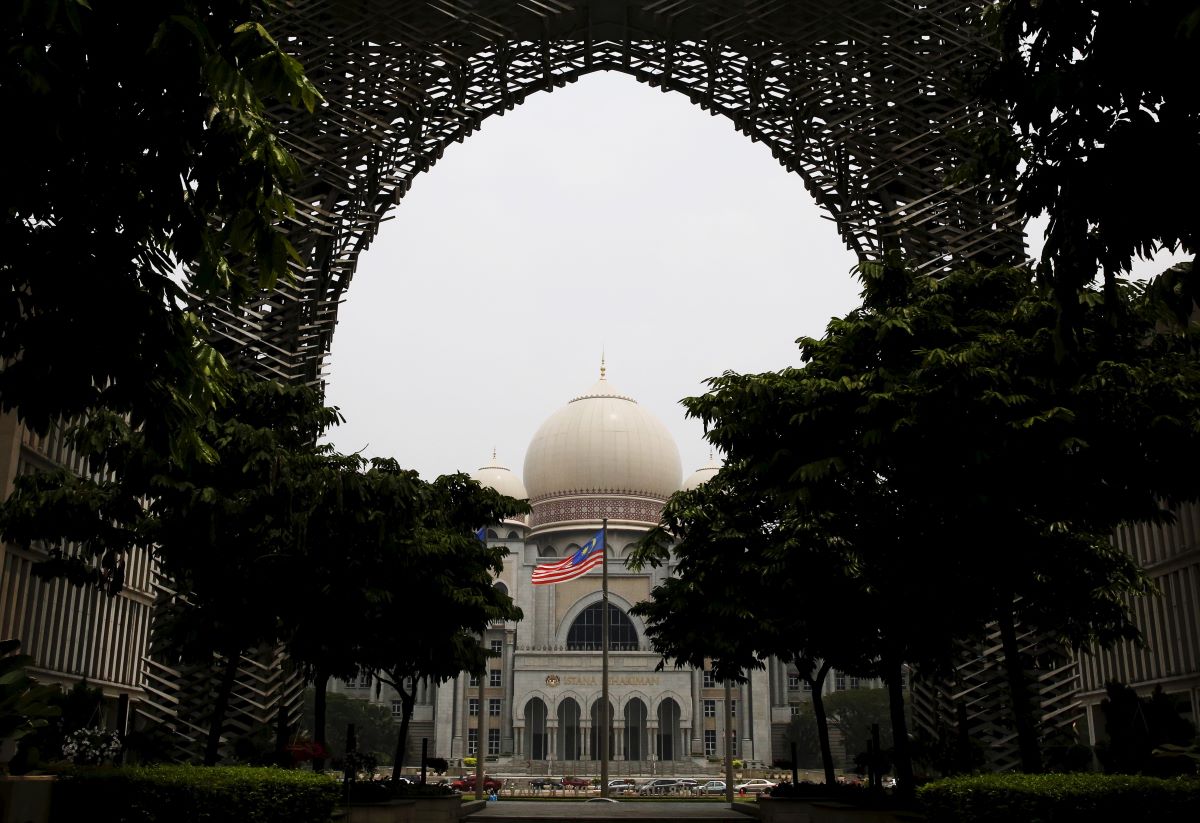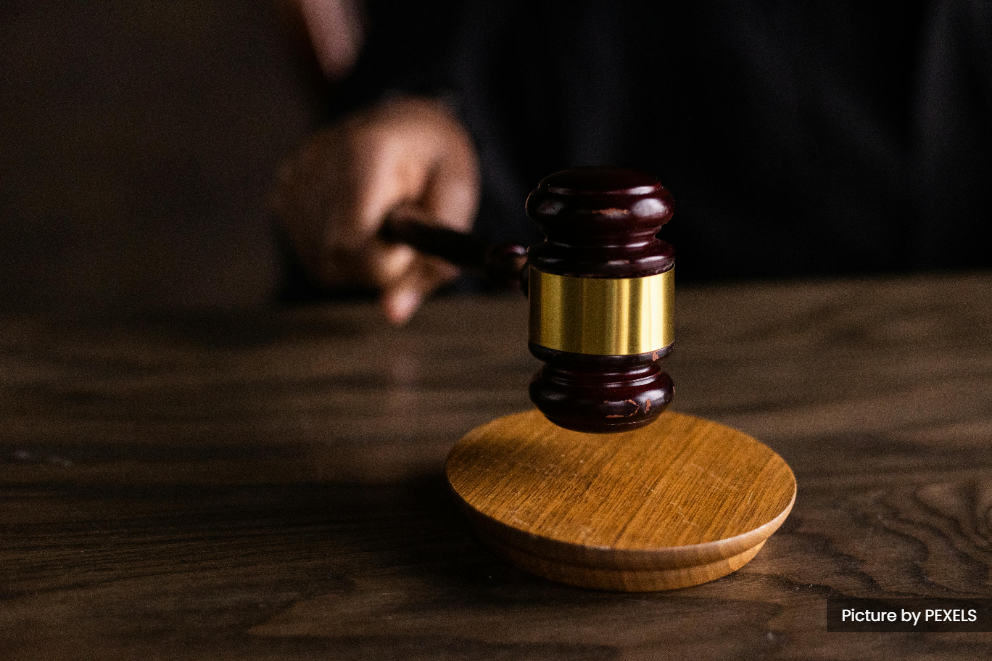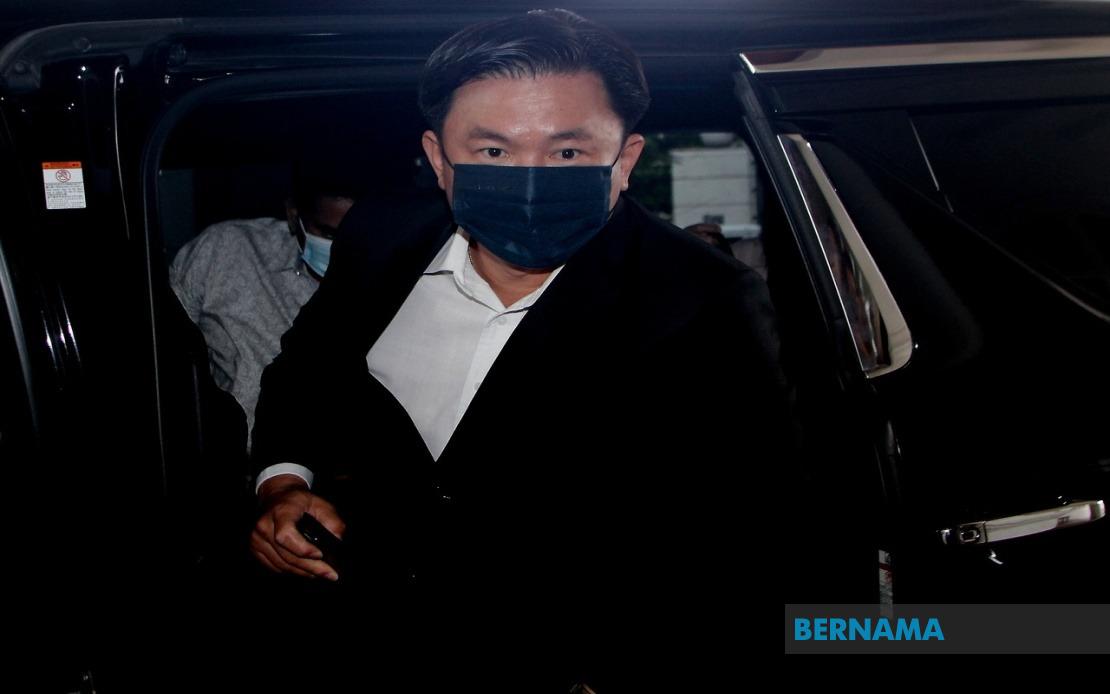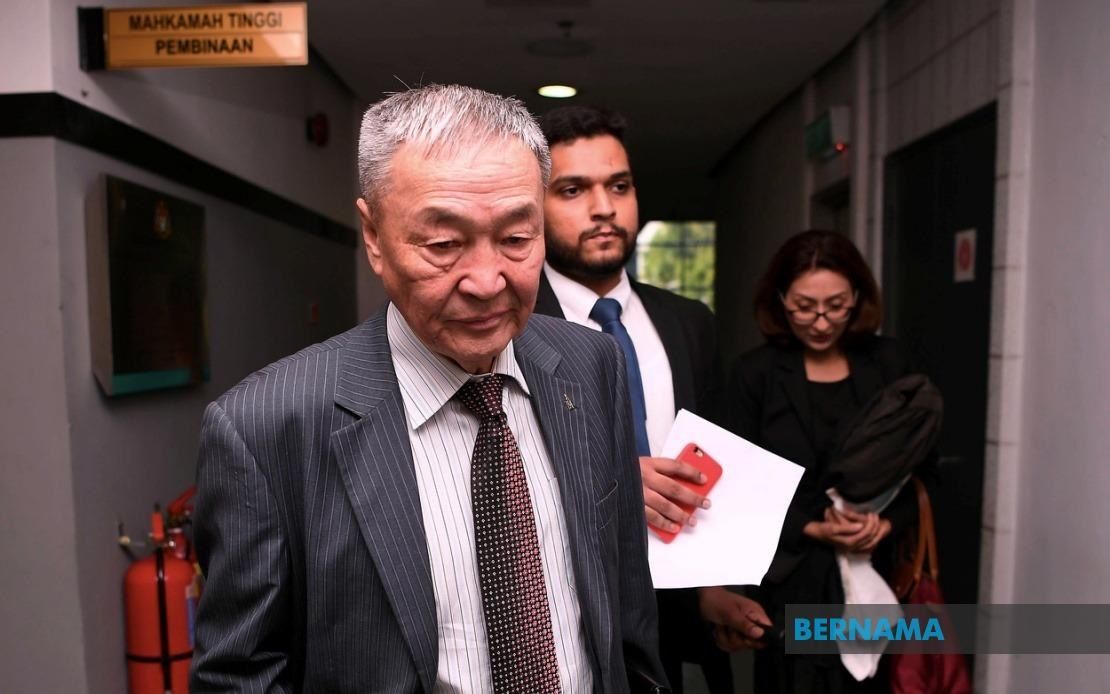PUTRAJAYA, Nov 12 — The Federal Court has ruled that individuals who have received a clemency order commuting their death sentence to a fixed-term life imprisonment are not entitled to seek a review under the Revision of Sentence of Death and Imprisonment for Natural Life (Temporary Jurisdiction of the Federal Court) Act 2023 (Act 847), for the purpose of varying the commencement date of their sentence.
A five-member bench, presided over by Chief Justice Datuk Seri Wan Ahmad Farid Wan Salleh, held that it lacks jurisdiction to alter the orders of the Pardons Board.
The Board's orders stipulated that the respondents, G. Jiva, 55; Thai national Phrueksa Taemchim, 41; and Zambian national Mailesi Phiri, 48, must serve their 30-year custodial sentences commencing from the date of the Pardons Board's decision.
The court determined that its jurisdiction under Act 847 is limited to hearing review applications from prisoners whose death sentences were either rejected by the Pardons Board or commuted to natural life imprisonment without a specified custodial term.
The bench, which also included Court of Appeal President Datuk Abu Bakar Jais, Chief Judge of Malaya Tan Sri Hasnah Mohammed Hashim, Chief Judge of Sabah and Sarawak Datuk Azizah Nawawi, and Court of Appeal judge Datuk Che Mohd Ruzima Ghazali, consequently allowed the prosecution's application for review.
This decision sets aside the Federal Court's prior 2-1 majority ruling on August 27, 2024. The previous panel, led by the since-retired Tan Sri Harmindar Singh Dhaliwal, had granted the respondents' application under Act 847 to alter the commencement date of their sentence as ordered by the Pardons Board.
In delivering the court's unanimous judgment, Justice Ruzima said the courts in this country have long held that the prerogative power of the Pardons Board is non-justiciable and not subject to judicial review.
The court takes the view that the respondents' action in filing an application under Act 847 was analogous to a challenge against the decision of the Pardons Board.
"However, the decision of the Pardons Board, pursuant to Article 42 of the Federal Constitution, cannot be challenged or adjudicated upon by the judiciary. Nevertheless, the respondents are not left without a remedy," he said.
Justice Ruzima added that the respondents remain at liberty to submit a fresh application to the Pardons Board for a reconsideration of the commencement date of their sentences.
He held that the respondents' successful pardon application meant they were no longer classified as death-sentenced prisoners at the time of their review under Act 847.
In his supporting judgment, Justice Farid said it is not the end of the road for the three respondents.
“They are at liberty to file a fresh petition pursuant to the Prison Regulations 2000 to seek leave from the respective Pardons Board to reconsider the date of commencement of their imprisonment in line with the decision of the Pulau Pinang Pardons Board in the Ang Kok San case," he said.
The power to reconsider its own orders rests exclusively with the Pardons Board and is a non-justiciable prerogative power. Justice Farid further observed that the respondents would not be prejudiced by this finding, as alternative legal avenues remain available to them.
Jiva, Phrueksa, and Mailesi had originally been sentenced to death for drug trafficking. Their sentences were later commuted to 30 years' imprisonment by a clemency order from the Pardons Board, with the term stipulated to run from the date of the Board's decision.
They subsequently filed an application under Act 847, seeking a revision of their sentences to have the custodial term calculated from the date of their initial arrests.
In an August 27 majority decision, a three-member bench of the Federal Court had originally granted the application filed by the three respondents.
Subsequent to that ruling, the prosecution initiated proceedings by filing an application for leave to review the decision pursuant to Rule 137 of the Rules of the Federal Court 1995.
The Federal Court granted this application for leave on Sept 10 this year, permitting the prosecution's review to proceed.
Deputy Public Prosecutor Datuk Seri Saiful Edris Zainuddin led the prosecution team. Lawyer K. Simon Murali represented Phrueksa, while lawyers Abdul Rashid Ismail and Datuk N. Sivananthan appeared for Mailesi and Jiva, respectively.


